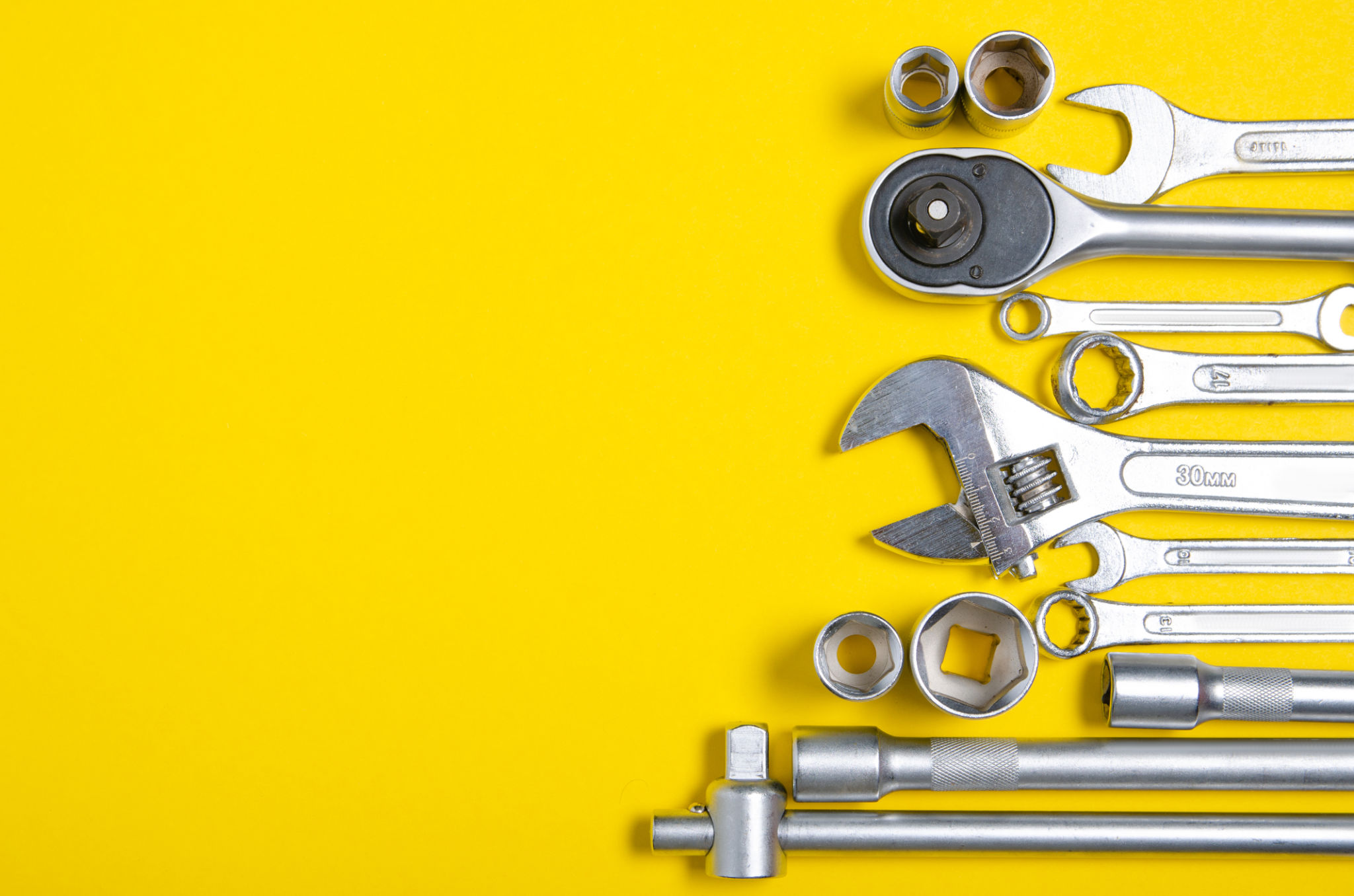DIY Car Repair: Essential Tools and Tips for Beginners
Getting Started with DIY Car Repair
Are you tired of the high costs associated with professional car repairs? Embracing DIY car repair can save you money and give you the satisfaction of fixing your own vehicle. However, before you dive under the hood, it is essential to equip yourself with the right tools and knowledge. In this guide, we will explore the basic tools you'll need and offer some tips for beginners to get started on the right foot.

Essential Tools for DIY Car Repair
Before embarking on any car repair project, it is crucial to have a well-stocked toolbox. Here are some essential tools every beginner should have:
- Socket Set: A good quality socket set is fundamental for removing and tightening nuts and bolts.
- Screwdrivers: Both flathead and Phillips screwdrivers are necessary for various tasks.
- Wrenches: A set of combination wrenches will come in handy for different sizes of nuts and bolts.
- Jack and Jack Stands: These are essential for lifting your car safely when working underneath.
- Pliers: Needle-nose and slip-joint pliers are versatile tools for gripping and cutting.
Safety First
Safety should be your top priority when working on your vehicle. Always ensure your car is parked on a level surface and use wheel chocks to prevent it from rolling. When lifting your car, make sure to use a jack designed for your vehicle's weight and secure it with jack stands. Never rely solely on a jack, as it could fail.

Start Small: Beginner-Friendly Repairs
As a beginner, it's wise to start with simple repairs before taking on more complex tasks. Here are some easy projects to kickstart your DIY journey:
- Oil Change: Changing your car's oil is a straightforward task that can save you money and keep your engine running smoothly.
- Replacing Air Filters: A clean air filter can improve fuel efficiency and engine performance, making this an essential maintenance task.
- Changing Spark Plugs: Replacing worn spark plugs can improve engine performance and fuel efficiency.
Troubleshooting Tips
When something goes wrong with your car, diagnosing the problem is half the battle. Investing in an OBD-II scanner can help you read diagnostic trouble codes and identify issues quickly. Additionally, online forums and video tutorials are valuable resources for troubleshooting specific problems.

Join the DIY Community
The DIY car repair community is vast and supportive. Joining online forums or local groups can provide you with advice, tips, and encouragement from fellow car enthusiasts. Don't hesitate to ask questions and share your experiences; learning from others is an excellent way to enhance your skills.
In conclusion, DIY car repair is an empowering endeavor that not only saves money but also provides a deeper understanding of how your vehicle operates. By investing in essential tools, prioritizing safety, starting with beginner-friendly repairs, and seeking advice from the community, you'll be well on your way to becoming proficient in car maintenance. Happy wrenching!